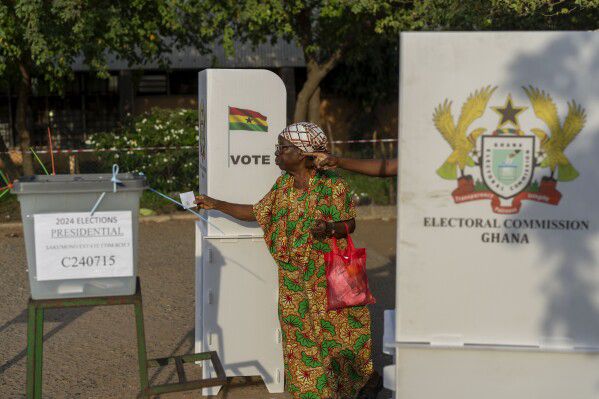The Accra High Court has dismissed an injunction application filed by the Action People’s Party (APP) and its parliamentary candidate, David Ankomah, which sought to halt the Electoral Commission (EC) from conducting the Akwatia by-election slated for September 2nd. Justice Eugene Nyadu Nyantei, presiding over the case, ruled that granting the injunction would not only disrupt the EC’s preparations and execution of the by-election but also unfairly disadvantage other candidates who had met the stipulated requirements and were prepared to contest. The judge emphasized that while the injunction was denied, the substantive lawsuit filed by the APP could proceed to its logical conclusion, acknowledging that certain aspects of the case might require interpretation by the Supreme Court. This decision allows the by-election to proceed as scheduled, while still providing an avenue for the APP to pursue its claims of wrongful disqualification.
The crux of the APP’s argument revolves around the disqualification of their candidate, David Ankomah, by the EC. The party contends that Ankomah was validly endorsed as their candidate and met all the necessary requirements, including tax clearance obligations, a crucial prerequisite for eligibility to contest elections. They assert that the EC’s decision to disqualify him was wrongful, arbitrary, and driven by malice and fraud. The APP’s lawsuit, filed on August 22nd, sought to compel the EC to include Ankomah’s name on the ballot paper, effectively reversing the disqualification and allowing him to participate in the by-election. The High Court’s dismissal of the injunction, however, means that Ankomah’s name will not appear on the ballot, at least for the upcoming by-election.
The Akwatia constituency found itself in need of a by-election due to the untimely demise of the incumbent New Patriotic Party (NPP) Member of Parliament, Ernest Yaw Kumi, in July 2025, mere months after his election to office. This unfortunate event necessitated the by-election to fill the vacant parliamentary seat and ensure continued representation for the constituents of Akwatia. The by-election has now become a focal point of legal contention, with the APP’s challenge to the EC’s decision adding another layer of complexity to the electoral process.
The High Court’s decision to dismiss the injunction while allowing the substantive suit to proceed represents a balancing act between the immediate need to conduct the by-election and the importance of addressing the APP’s grievances. By allowing the by-election to proceed as scheduled, the court avoids further delays and ensures that the people of Akwatia are not left without parliamentary representation. At the same time, by allowing the substantive case to continue, the court provides a platform for the APP to present its arguments and potentially obtain redress if their claims of wrongful disqualification are substantiated.
The case also highlights the critical role of the judiciary in overseeing electoral processes and ensuring fairness and transparency. The court’s decision underscores the principle that while the timely execution of elections is essential, it cannot come at the expense of due process and the right of individuals and political parties to challenge perceived injustices. The potential involvement of the Supreme Court in interpreting certain aspects of the case further emphasizes the complexity of electoral law and the need for clarity and consistency in its application. This case sets a precedent for future electoral disputes, demonstrating the courts’ commitment to upholding electoral integrity while respecting the rights of all participants.
The outcome of the substantive lawsuit will have significant implications for both the APP and the broader electoral landscape in Ghana. If the court finds in favor of the APP and determines that Ankomah was indeed wrongfully disqualified, it could lead to a rerun of the by-election, potentially impacting the outcome and raising questions about the EC’s decision-making process. Regardless of the final outcome, the case serves as a reminder of the importance of adherence to due process, transparency, and accountability in electoral matters. It reinforces the role of the judiciary as a guardian of electoral integrity and emphasizes the need for continuous improvement in electoral procedures to ensure free, fair, and credible elections.


